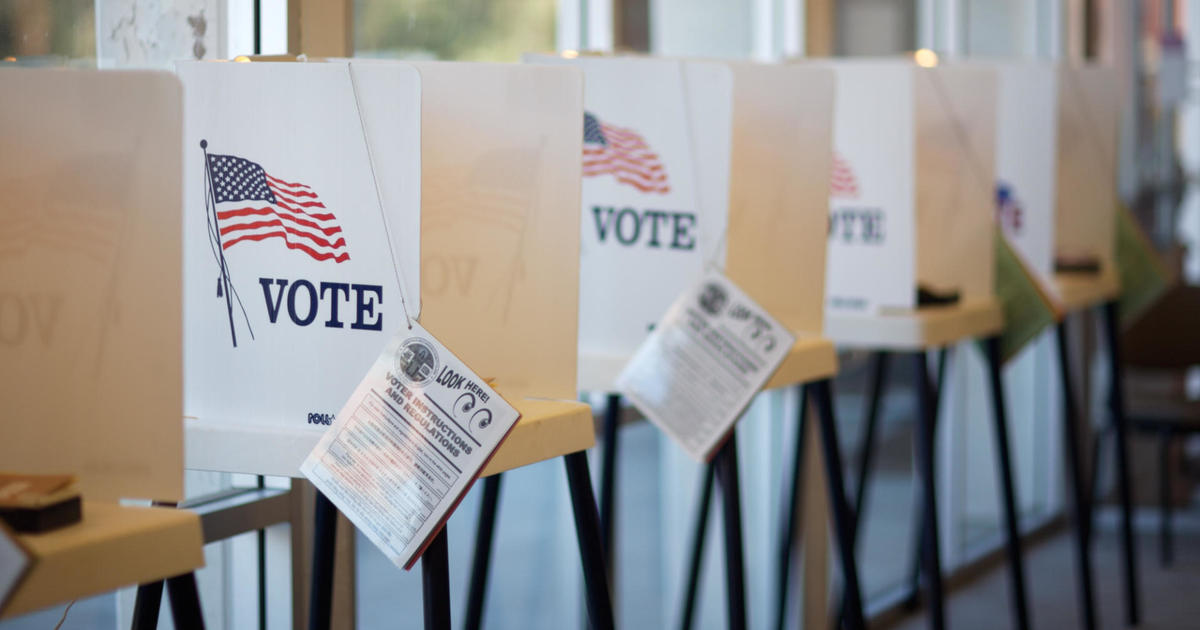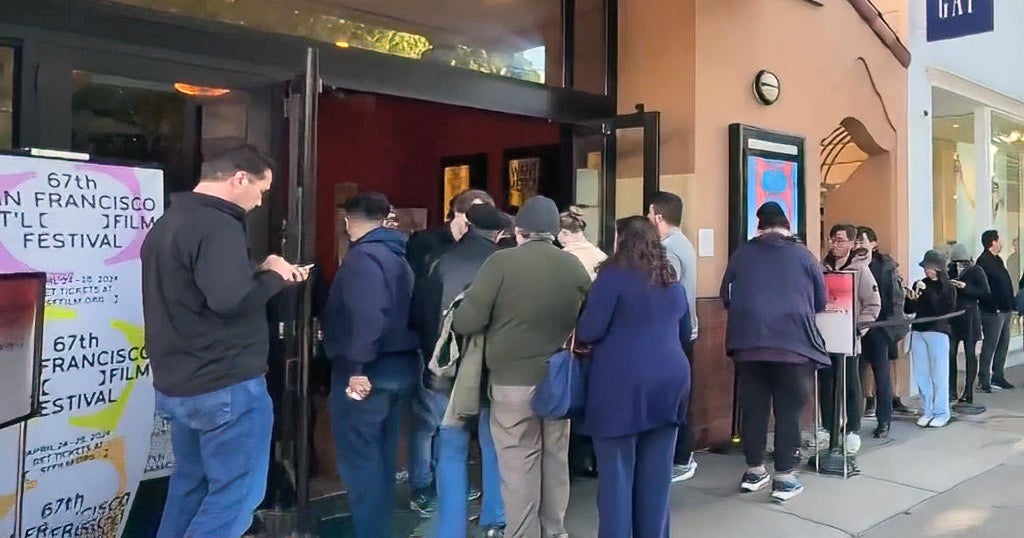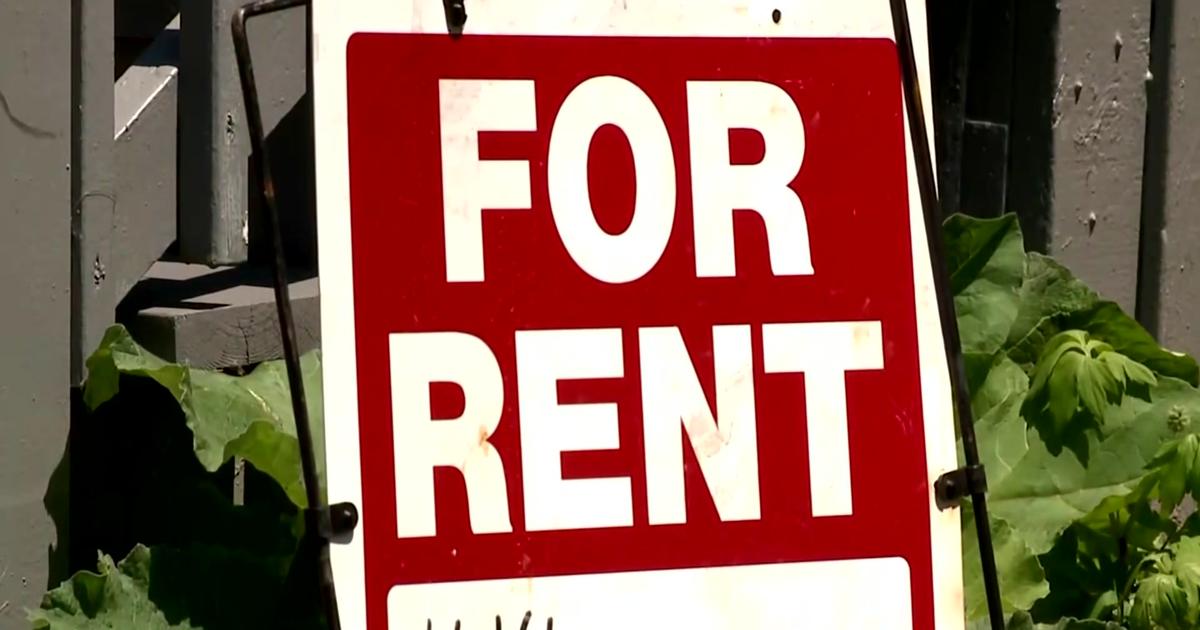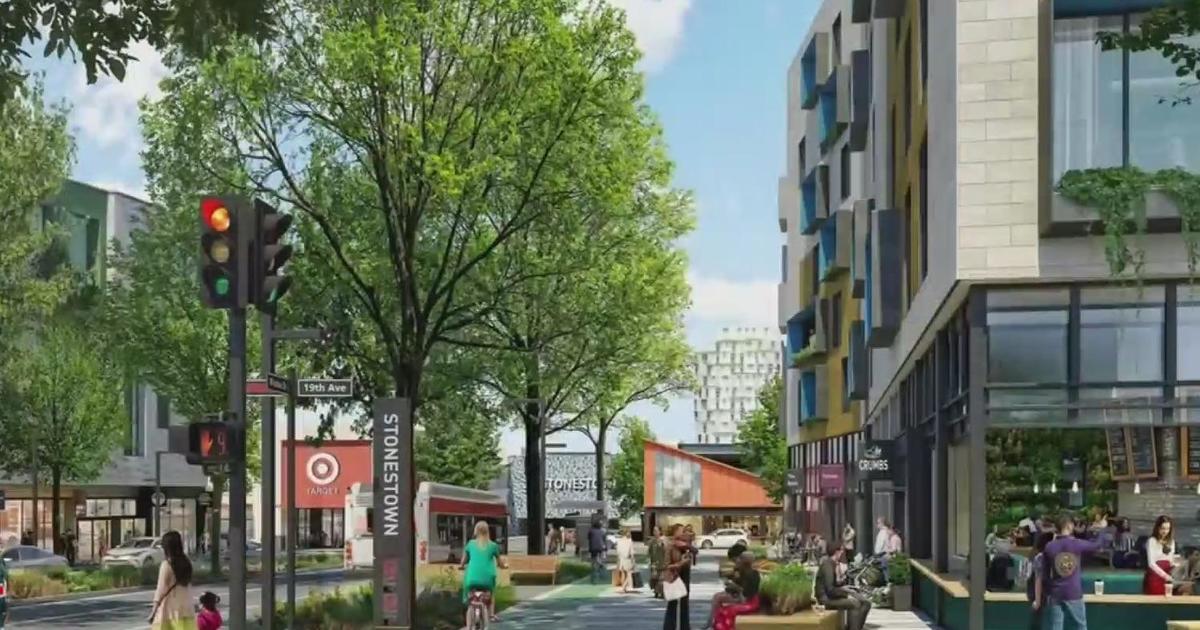Prop F gives San Francisco voters a say on city's response to opioid crisis
San Francisco voters are being asked to wade into the city's response to the drug crisis, at the request of the mayor.
Mayor London Breed put Proposition F on the ballot. It would require those receiving cash assistance from the city to undergo drug screenings. While recipients would not have to prove sobriety, they would have to enroll in treatment if the city thinks it's necessary or lose the cash.
Breed says this is about reducing the record number of overdose deaths. Opponents say it could do the opposite.
For one San Francisco resident who goes by the name Andrew, it has been about 10 years of homelessness, punctuated with occasional housing arrangements and he has one now.
"I live right here, in this yellow building right here," said Andrew, standing in the rain in an alleyway in San Francisco. "It's a smaller place, you know. It's a single-room occupancy. That's what SRO stands for. Yeah, I've got a place."
That SRO gives him an escape from the elements and eligibility for $712 a month in cash through the County Adult Assistance Program. People unhoused and living on the street are eligible for $109.
"I don't take it for granted," he said. "I, f-----g, excuse my language, I appreciate every aspect of it."
On this day he has stepped outside of that housing to join friends, who gather partly for safety in numbers because of the lethality of the drugs they are using. Andrew says he is currently making a push for treatment, and Proposition F could force him to make some decisions in that regard.
Prop F would require anyone receiving CAAP benefits to be screened for substance use disorder. If that appears to be the case, they would be required to participate in a treatment program or lose the cash payments.
"Honestly, I think that would disqualify people that need help," said Andrew. "The drug screening is not the right approach. For me, personally, you know."
Prop F is yet another proposal for responding to the ongoing opioid crisis. The reaction to the latest plan runs along some well-established fault lines in that discussion.
"F is a cynical and unserious waste of resources that will materially harm very vulnerable people," Laura Thomas of the SF AIDS Foundation explained at a press event opposing the measure.
Lining up in opposition are many of the care providers San Francisco contracts with for the city's response to the drug crisis.
"In addition, many who are on the streets now, who are using drugs will simply not apply for assistance," said No on F campaign director Sara Shortt ."And therefore not have any access to treatment through the services system."
"When folks are addicted, to poison, and it's the worst addiction that I've ever seen in my two decades of doing this work," said Trent Rhorer, head of the San Francisco Human Services Agency. "It's literally killing people, over 800 people last year. When we are giving them up to $700 a month, and they are addicted, and using that to purchase fentanyl, that will eventually kill them, that's not improving people's lives "
Rhorer says F would not cost anyone their housing or other benefits, but the cash, he argues, deserves more scrutiny. The city estimates about one-third of those receiving cash assistance have substance abuse disorder. And the city has also been looking for those recipients during the past year's crackdown on sidewalk drug use.
"Twenty-one percent of the people they arrested were on cap. We're getting public assistance through the city," Rhorer said. "And of those, 42%, almost half of the people who are receiving locally funded public assistance, said they lived in another city when they were arrested. They reported they lived wherever else."
F's opponents say if the goal is preventing overdose deaths, there are better answers.
"Expand treatment resources," Shortt said. "Overdose prevention sites. Provide indoor spaces for people to be safe. Increase housing resources that are integrated with treatment services and referrals."
So it is the continuation of the debate over how to move people towards treatment, something San Francisco has struggled with - and argued over - for years.
"And so it always seems to be the default," said Garry McCoy of HealthRight 360. "'We'll take care of this and we'll make a difference.' It's almost always some type of punitive approach that punishes people."
"People will say it's punitive. People will say it's paternalistic," Rhorer said. "Well, I would argue. Yes, it is paternalistic. Because right now people who are addicted are making life decisions that are not good for them."
People receiving this money have their own questions about how F might work. Andrew, while skeptical of the drug screening plan, says he would like to see a different kind of drug crisis triage.
"You know what would actually help people?" Andrew asked. "Profile screen. Have a better way to organize the people who are actually living here. Because there are a lot of people out here who don't even live here. They are just coming here to buy fentanyl and get stuck here and take up space. Those people should be drug screened, and they should find some, and find out who those people are drug screening them and send them back to where they came from."




